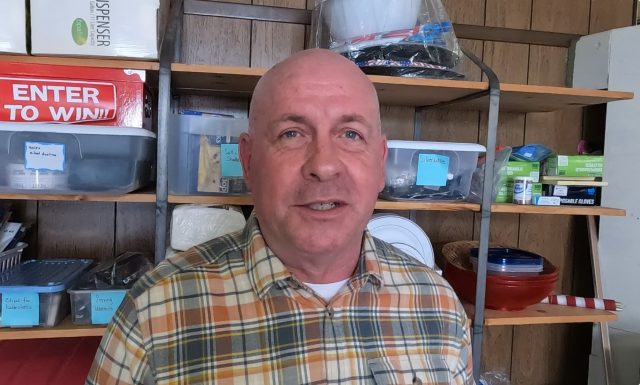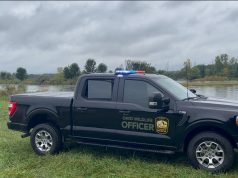
WASHINGTON, D.C. – Congressman Dave Taylor (OH-02) has introduced the Expanding Appalachia’s Broadband Access Act, a bill aimed at improving broadband connectivity for rural communities across Appalachia through innovative satellite technology.
“Southern Ohio has long been a broadband desert, with our rural communities being left behind in an ever-changing and advancing economy,” said Rep. Taylor. “This bill will create an opportunity to demonstrate that embracing innovative technologies like satellite broadband could lead to massive opportunities for growth in southern Ohio.”
The legislation directs the U.S. Government Accountability Office (GAO) to study the feasibility of using low-orbit satellites to expand broadband access under the Appalachian Regional Commission (ARC). The study will evaluate whether satellite technology can meet the needs of businesses and assess its impact on economic development in regions already utilizing this approach.
If the findings support satellite broadband as a viable solution, the bill would pave the way for incorporating it into the Broadband Equity Access and Deployment (BEAD) program, a federal initiative focused on closing the digital divide.
Addressing Rural Connectivity Challenges
Much of Ohio’s Second Congressional District lacks broadband access due to challenging terrain, which makes traditional fiber-optic infrastructure difficult to implement. A 2024 study ranked three counties in Taylor’s district among the top 150 most off-the-grid locations in the United States.
By leveraging low-orbit satellites, Taylor and other supporters believe broadband access could be significantly improved, eliminating geographical barriers that have long hindered economic growth in the region.
The ARC, a federal-state partnership that supports economic development in Appalachia, would use the study’s findings to inform future broadband expansion efforts. Stakeholders across the region see satellite broadband as a promising solution to bring high-speed internet to underserved communities.
“This is about more than just internet access,” Taylor added. “It’s about unlocking economic potential, improving education, and connecting our communities to the modern economy after being held back for decades.”










